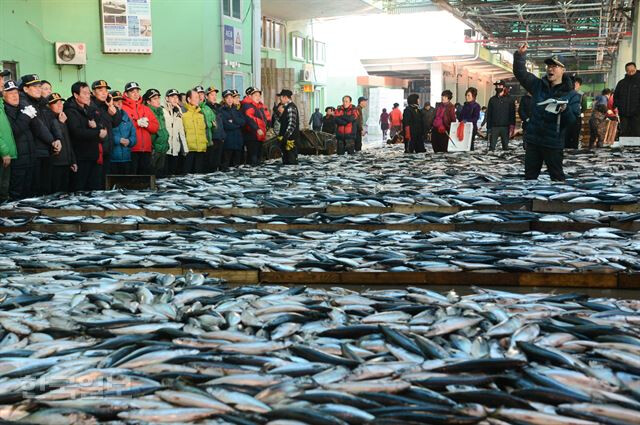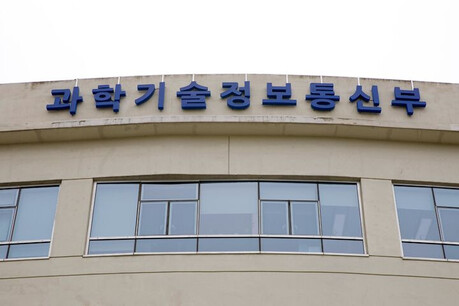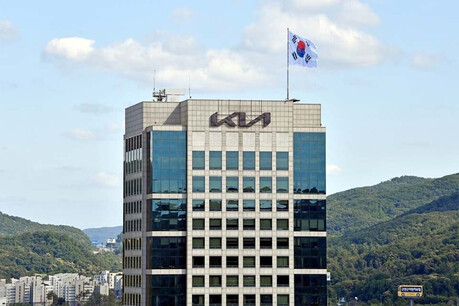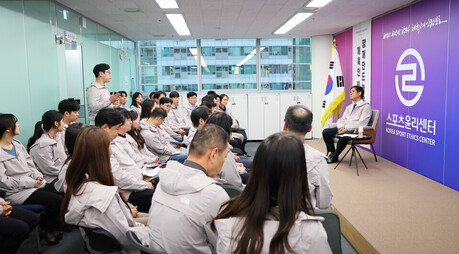
Seoul, South Korea – The South Korean Ministry of Oceans and Fisheries has unveiled a comprehensive plan aimed at mitigating the adverse effects of climate change on the nation's fisheries and aquaculture sectors. The plan includes a series of measures designed to protect marine resources and ensure the long-term sustainability of the fishing industry.
A key component of the plan is the expansion of the Total Allowable Catch (TAC) system to all fishing vessels by 2028. TAC sets annual catch limits for specific fish species in coastal waters, helping to prevent overfishing and conserve marine ecosystems. Currently, the TAC system is applied to 15 fish species and 17 fishing sectors.
To enhance flexibility and encourage sustainable fishing practices, the ministry will gradually introduce Individual Transferable Quotas (ITQs). ITQs allow fishermen to buy and sell their allocated catch quotas, providing them with greater economic incentives to manage their fishing activities efficiently.
Recognizing the challenges posed by climate change, the government will also introduce measures to facilitate the relocation of fishing operations and species diversification. This will allow fishermen to adapt to changing environmental conditions, such as shifts in fish populations due to rising sea temperatures.
Furthermore, the ministry plans to implement a bycatch management system to reduce the amount of unintended catch that is discarded at sea. Fishermen will be able to recover a portion of the value of bycatch, providing them with financial incentives to reduce waste and improve resource utilization.
By implementing these measures, the South Korean government aims to maintain annual fish production at 3.7 million tons and increase average household fishing income to 65 million won by 2030. The ministry also aims to keep the annual inflation rate for fishery products below 2%.
"The average surface temperature of our coastal waters has increased by approximately 1.44 degrees Celsius over the past 56 years, and this trend is expected to continue," said a ministry official. "Proactive measures are necessary to address these challenges and ensure the long-term sustainability of our fisheries sector."
In addition to these policy changes, the government will expand financial support programs for fishermen, including increased access to low-interest loans and loan repayment deferrals.
[Copyright (c) Global Economic Times. All Rights Reserved.]





























